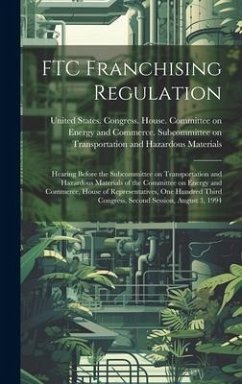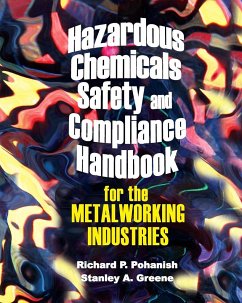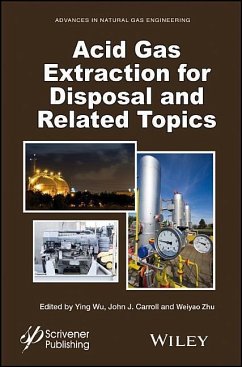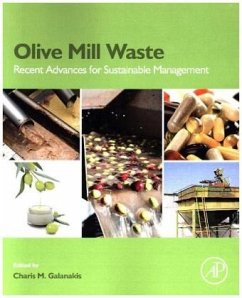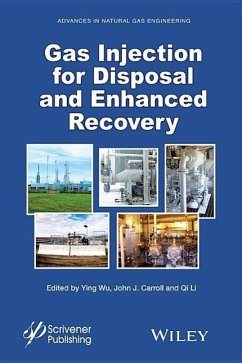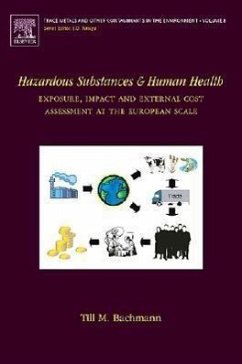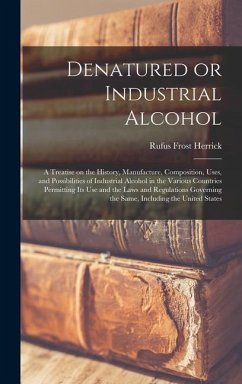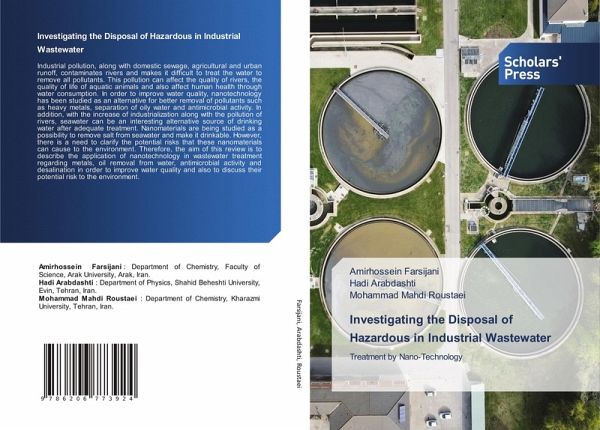
Investigating the Disposal of Hazardous in Industrial Wastewater
Treatment by Nano-Technology
Versandkostenfrei!
Versandfertig in 6-10 Tagen
58,99 €
inkl. MwSt.

PAYBACK Punkte
29 °P sammeln!
Industrial pollution, along with domestic sewage, agricultural and urban runoff, contaminates rivers and makes it difficult to treat the water to remove all pollutants. This pollution can affect the quality of rivers, the quality of life of aquatic animals and also affect human health through water consumption. In order to improve water quality, nanotechnology has been studied as an alternative for better removal of pollutants such as heavy metals, separation of oily water and antimicrobial activity. In addition, with the increase of industrialization along with the pollution of rivers, seawat...
Industrial pollution, along with domestic sewage, agricultural and urban runoff, contaminates rivers and makes it difficult to treat the water to remove all pollutants. This pollution can affect the quality of rivers, the quality of life of aquatic animals and also affect human health through water consumption. In order to improve water quality, nanotechnology has been studied as an alternative for better removal of pollutants such as heavy metals, separation of oily water and antimicrobial activity. In addition, with the increase of industrialization along with the pollution of rivers, seawater can be an interesting alternative source of drinking water after adequate treatment. Nanomaterials are being studied as a possibility to remove salt from seawater and make it drinkable. However, there is a need to clarify the potential risks that these nanomaterials can cause to the environment. Therefore, the aim of this review is to describe the application of nanotechnology in wastewater treatment regarding metals, oil removal from water, antimicrobial activity and desalination in order to improve water quality and also to discuss their potential risk to the environment.





